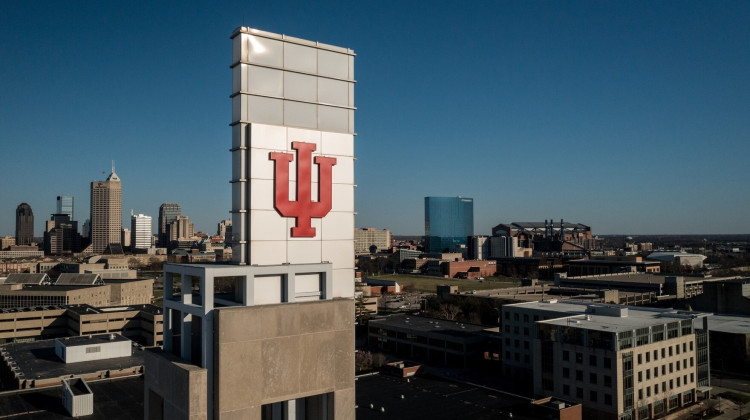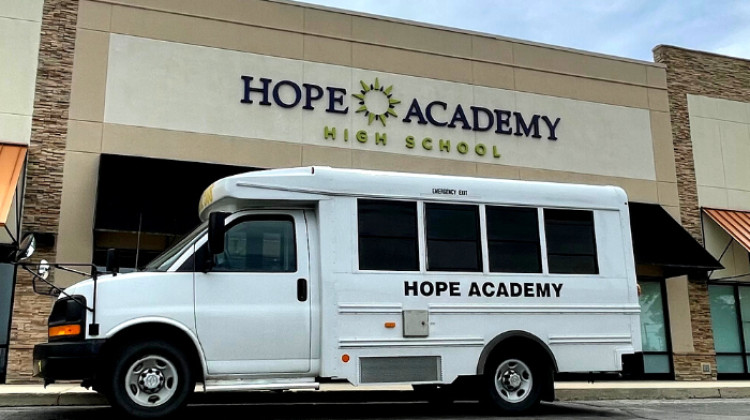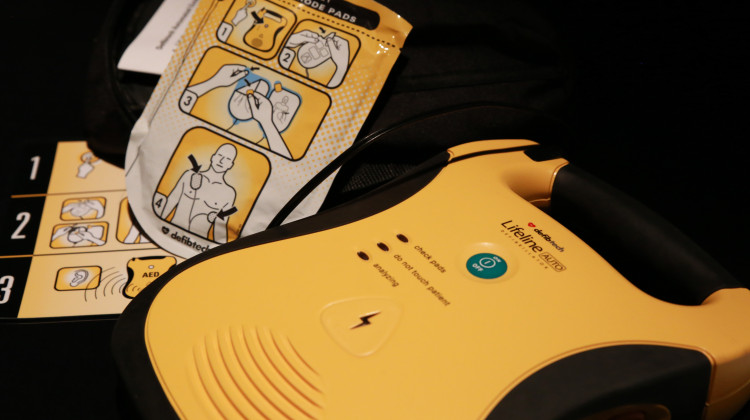
Ball State's counseling center saw a surge in students asking for help in fall of 2019, then a decrease in fall 2020.
Ball State University/FacebookNational studies show mental health challenges have increased because of the coronavirus pandemic -- and more so in college-age people. But, college counseling centers saw a decline in those seeking services at the same time.
The American Psychological Association has conducted annual surveys of mental health since 2007. During the pandemic years, it showed that while all ages of people had increased stress due to COVID-19, numbers were greatest in college-age people.
Bill Betts leads Ball State University's Counseling Center.
“When you take that and look at [Generation] Z, which is our students, 45 percent of Gen Z adults said they do not know how to manage the stress they feel due to coronavirus. And that’s this year, that’s this fall,” Betts said.
Read More: COVID-19 Worsens Mental Health, Sparks Overdoses
He said despite that increase, the Center for Collegiate Mental Health at Penn State found that, in a national survey, university counseling centers saw a 32 percent average drop in students seeking help during the fall of 2020. Ball State’s center, itself, saw a 25 percent decrease.
Betts said increased telehealth allowed some college students to stay with their therapists at home. But there were other reasons, too.
“I actually had some students say this to me: they felt like their concerns weren’t serious enough. And so what they said is, ‘Look, I didn’t get COVID. No one in my family died. And so, yes, I’m suffering and I’m miserable, but I don’t want to take a spot from somebody else who really needs this service,’” Betts said.
Before the pandemic in 2019, Ball State saw a 40 percent increase in students wanting help at the beginning of the school year. Betts says the average number of therapy sessions per student also increased.
 DONATE
DONATE






 Support WFYI. We can't do it without you.
Support WFYI. We can't do it without you.